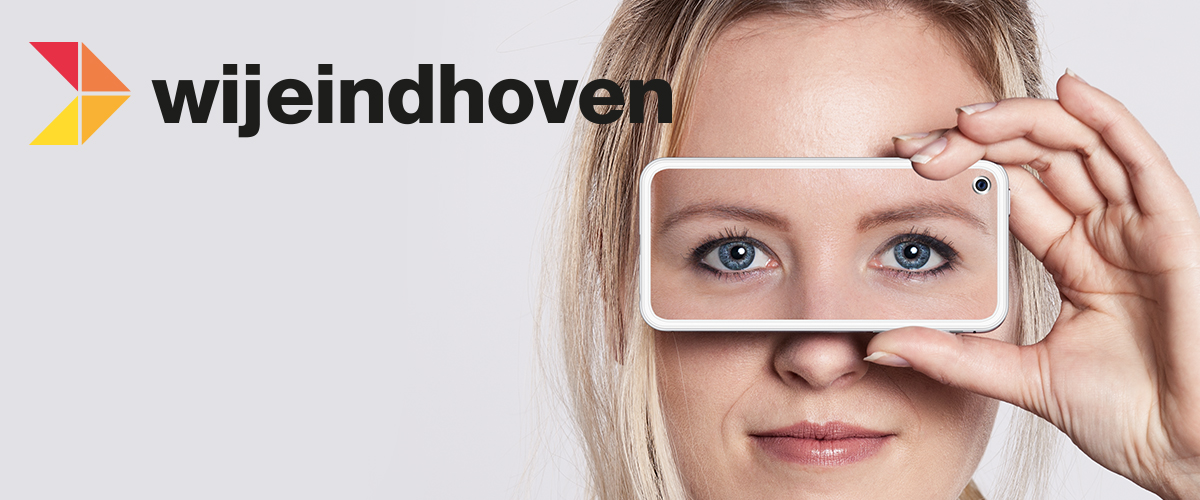How Eindhoven unlocks the collaborative capacity of the city through social service delivery
Edited on
12 January 2018Effective and efficient service delivery is a central objective – and core goal – of all local authorities and municipalities in Ireland.

Traditionally, this space has seen a mixed-model approach to local service delivery on the ground – involving councils, local area partnerships and social enterprises. The ‘what’ and ‘how’ of service delivery has, however, been challenged over the past decade or so as a result of the global financial crisis and associated falls in income to local government – whether through cuts to Exchequer monies received or EU funds to falling local rates. In addition, the reform of local government whereby local authorities are now largely responsible for administering the funds of LEADER, SICAP and other such funds that contribute to, and support, local service delivery programmes has created tensions between councils and the local partnerships. As an alternative model, and a mechanism by which the role of all the agencies involved in local service delivery can be equally recognised and valued, the WeEindhoven programme provides much food for thought!

A concept four years in the making, it was finally piloted in 2015. Recognising the society is changing quicker than institutions can adapt, the Government of the Netherlands is devolving more and more responsibilities to the local level and placing a stronger emphasis on social service delivery. To the core of this emerging model is that people, when empowered, are capable of taking responsibility for, and solving their own problems in a more efficient way. This is achieved through WeTeams consisting of a wide-range of practitioners and support officers from a diverse range of backgrounds who take a personalised approach to both identifying and solving the actual problems and needs of a family or individual.
The CHANGE! Project within Eindhoven (and which also includes Dún Laoghaire-Rathdown) is building on this model of local social service delivery – placing a particular emphasis on community organising i.e. bringing about social change through collective action. In developing its Action Plan, Eindhoven is considering what is the best way to share the provision of services with citizens and how best to empower people to become part of the process of service design and delivery. For the CHANGE! project as a whole, a key question will be to what extent this interesting model can be replicated elsewhere.
All ideas welcomed!
The full article in relation to Eindhoven see http://urbact.eu/how-eindhoven-unlocks-collaborative-capacity-city-through-social-service-delivery
Submitted by Caroline Creamer on
